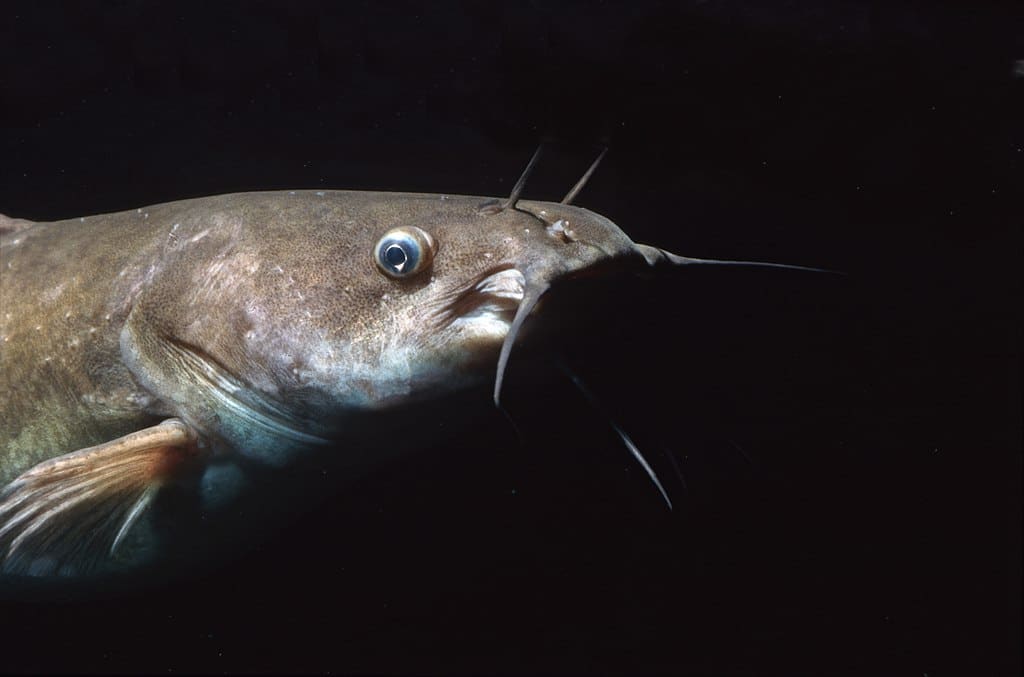Georgia, with its diverse aquatic ecosystems, is home to a wide variety of fish species. As winter sets in and temperatures drop, these underwater inhabitants face numerous challenges. Understanding how fish adapt to the cold is not only fascinating but also crucial for conservation efforts. Human activities, such as overfishing, pollution, and habitat destruction, can disrupt the natural behaviors of fish, making them more vulnerable during winter. Nature has equipped them with diverse strategies to survive the challenges of the colder months. By studying and respecting these adaptations, we can contribute to the preservation of Georgia’s rich aquatic biodiversity.
- Slowing Down Metabolism
One of the most remarkable adaptations of fish in the cold waters is their ability to slow down their metabolism. As the temperature decreases, fish reduce their activity levels, conserving energy to survive the winter months. This metabolic slowdown helps them endure the scarcity of food and the challenges posed by chilly waters. - Feeding strategies
Finding food becomes challenging during winter, especially for insect-eating fish. While some species switch to a more opportunistic diet, consuming whatever small organisms are available, others rely on stored fat reserves to sustain them until spring. Predatory fish adjust their hunting strategies, becoming more patient and selective in their choice of prey. - Migration and Movement
In Georgia’s rivers and lakes, some fish species undertake seasonal migrations during winter. They move to deeper waters where the temperature is relatively stable. Deeper areas provide a more stable thermal environment, ensuring that fish don’t experience drastic temperature fluctuations. Migratory species, such as salmon and some types of trout, travel upstream or downstream to find suitable habitats for spawning and survival. - Seeking Warm Water Springs
Georgia is known for its numerous natural springs that provide a consistent source of relatively warm water throughout the year. During winter, fish tend to gather around these springs, creating hotspots of aquatic life. These areas become essential refuges, offering a slightly warmer temperature that supports fish survival. - Adapting to Lower Oxygen Levels
Cold water holds more dissolved oxygen than warm water. However, during winter, ice formations and reduced water movement can lead to decreased oxygen levels in certain areas. Fish have remarkable adaptations to survive in low-oxygen environments. Some species, like carp, are capable of breathing air when oxygen levels are critically low. Others, such as catfish, have labyrinth organs that allow them to extract oxygen from the air.
As stewards of the environment, it is our responsibility to appreciate, respect, and protect these creatures. By fostering awareness and practicing sustainable habits, we can ensure the survival of Georgia’s diverse fish species.



